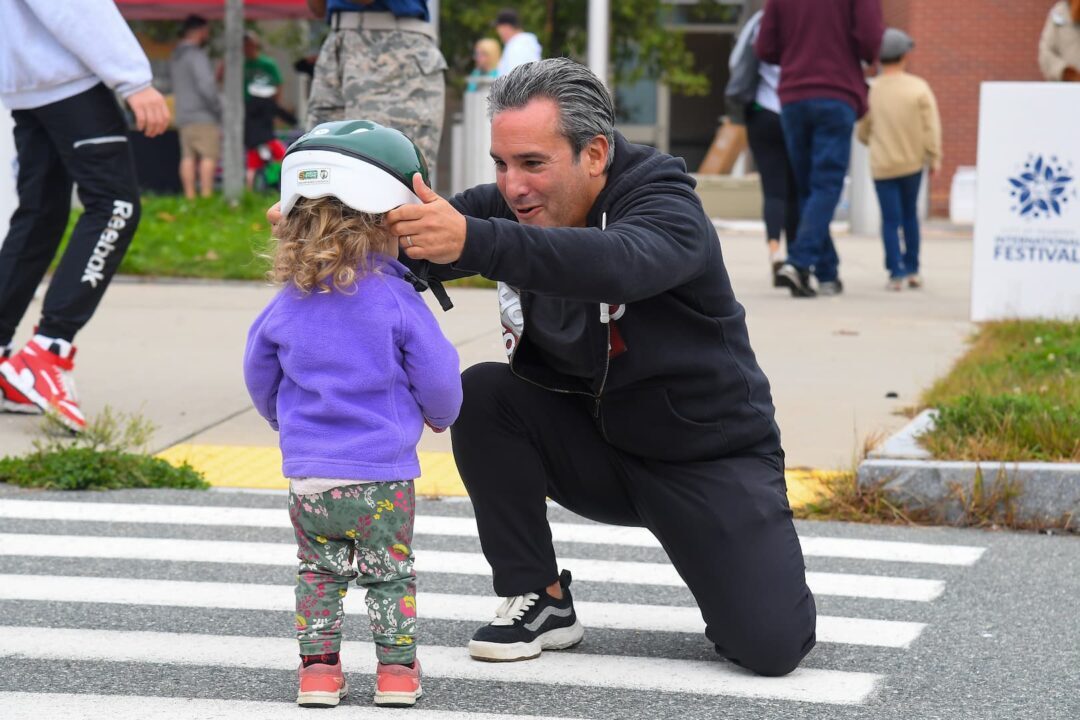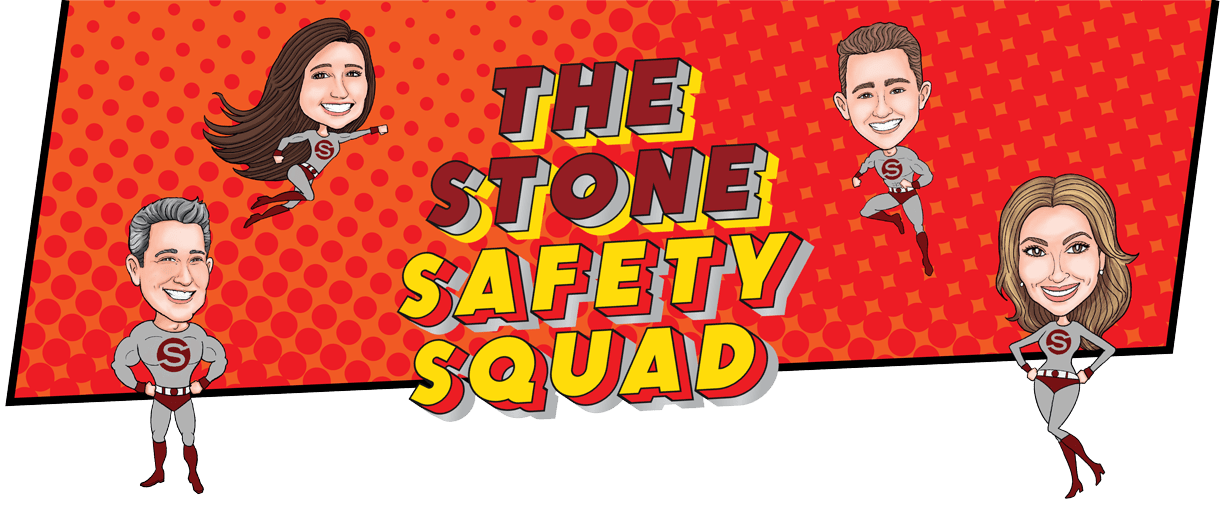
Jason Stone Injury Lawyers partnered with the Peabody Police Department and hosted the First Annual Bike Bash at the Higgins Middle School in Peabody, bringing the community together for a day of fun and safety. Attendees enjoyed free bike helmets, exciting activities, and entertainment from the Boston Celtics to promote Brain Injury Awareness and emphasize the importance of wearing a helmet. We only have one brain, and we need to take care of it.
Many children suffer severe head injuries in bike accidents simply by not wearing helmets at all, or by not wearing properly fitted helmets. It is estimated that more than 140,000 bicyclists under age 20 sustain brain injuries in accidents each year, and another 250 die as a result of those injuries.
Massachusetts law requires any person 16 years old or younger riding a bicycle to wear a helmet. Unfortunately, not every family can afford to purchase bike helmets and many kids simply refuse to wear them. In response, Jason Stone Injury Lawyers has launched The Stone Safety Squad Bike Helmet Program as a way to get much-needed bike helmets to kids.
We’ve gone to local schools to fit children with helmets after they learned about the fragility of the brain. We’ve teamed with NESN Connects, Boston Children’s at Peabody, and Brooksby Farm to keep our kids safe. Adorned with free helmets, students can often be seen after school proudly wearing their helmets onto the bus or when picked up by their grown up.
Traumatic Brain Injury Facts
A traumatic brain injury (TBI) is caused by a “bump, blow, or jolt to the head that disrupts the normal function of the brain.”
Brain Injury helpline: 1-800-242-0030 Brain Injury Association of Massachusetts Source: http://www.biama.org/
An average of 155 people in the US die each day from injuries that include a traumatic brain injury.
TBI can affect memory, thinking, emotional functioning, movement, and sensation.
Around 2.9 million people suffer from traumatic brain injury annually in the US.
Falls and motor vehicle crashes were the first and second leading causes of traumatic brain injuries in 2014.
In 2014, TBI contributed to the deaths of 56,800 people.
Methods to prevent brain injuries
![]()
Following the laws of the road:
- Don’t drive under the influence of alcohol or drugs
- Don’t text or talk on the phone while driving
- Keep the volume on your radio low
- Use car seat for children
- Wear your seat belt at all times
![]()
Wear a helmet when:
- Operating a bicycle, skateboard, scooter, or motorcycle
- Playing a contact sport
- Skiing and snowboarding
![]()
Prevent falls at home:
- Remove places to trip such as rugs and random objects
- Install handrails
- Improve lighting
- Use nonslip mats
- Safety gates at stairs
![]()
Brain Injury Symptoms
- Loss or change in consciousness
- Weakness of arms, legs, face or loss of balance
- Light-headedness, dizziness, vertigo
- Convulsions or seizures
- Sensitivity to lights, sounds, or distractions
- Slurred speech
- Vomiting and nausea
- Changes in sleeping patterns








